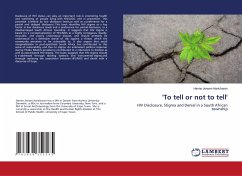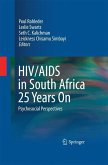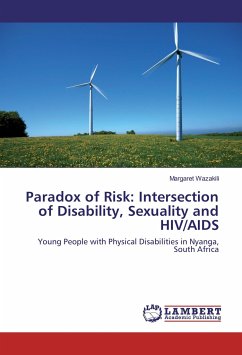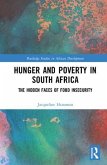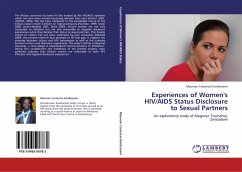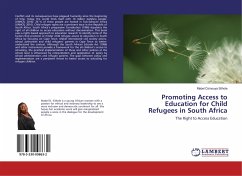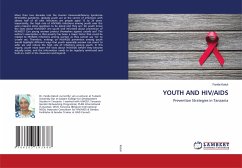Disclosure of HIV status can play an important role in promoting health and well-being of people living with HIV/AIDS, and in prevention. This potential is limited by low disclosure levels,as well as a preference for a partial and delayed disclosure. This book identifies HIV stigma as a key factor in low disclosure levels and a preference for partial disclosure, in a disadvantaged South African township. It suggests that HIV stigma is based on a conceptualization of HIV/AIDS as a highly contagious, deadly, incurable, and poorly understood disease, and should primarily be understood as a defensive denial of risk against a threat, which the community perceives to be vulnerable to. It also argues that social marginalization in post-apartheid South Africa has contributed to this sense of vulnerability, and thus to stigma. An ambivalent political response during Thabo Mbeki's presidency contributed to a reluctance to disclose as well as exacerbated HIV stigma. The book suggests that HIV stigma should be addressed through tackling symbolic and instrumental stigma,and through replacing the association between HIV/AIDS and death with a discourse of hope.
Bitte wählen Sie Ihr Anliegen aus.
Rechnungen
Retourenschein anfordern
Bestellstatus
Storno

